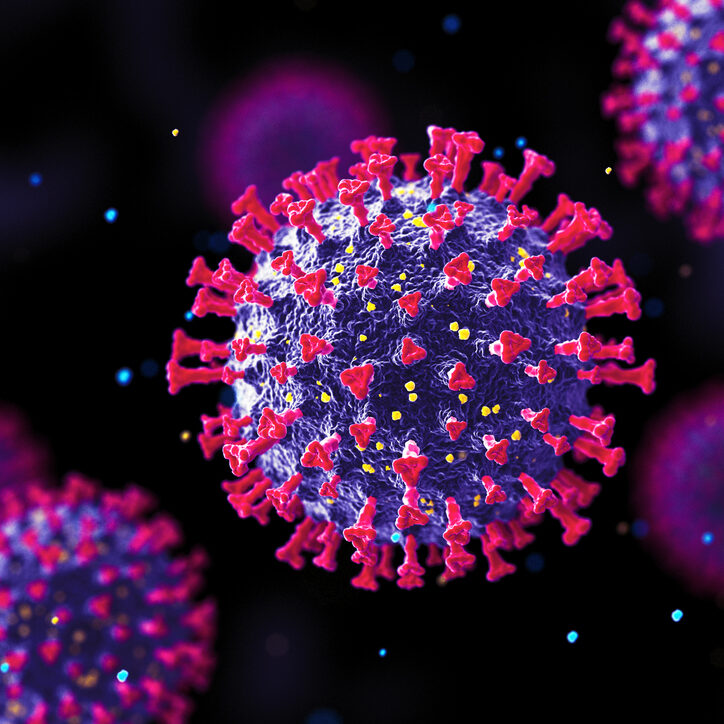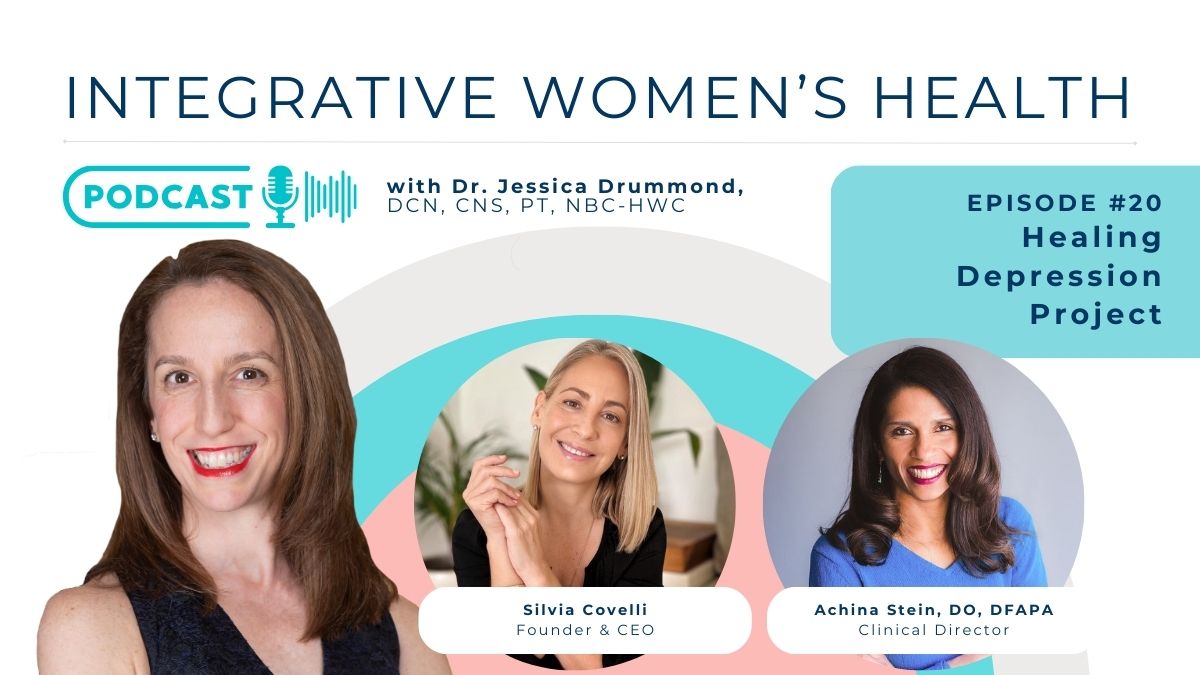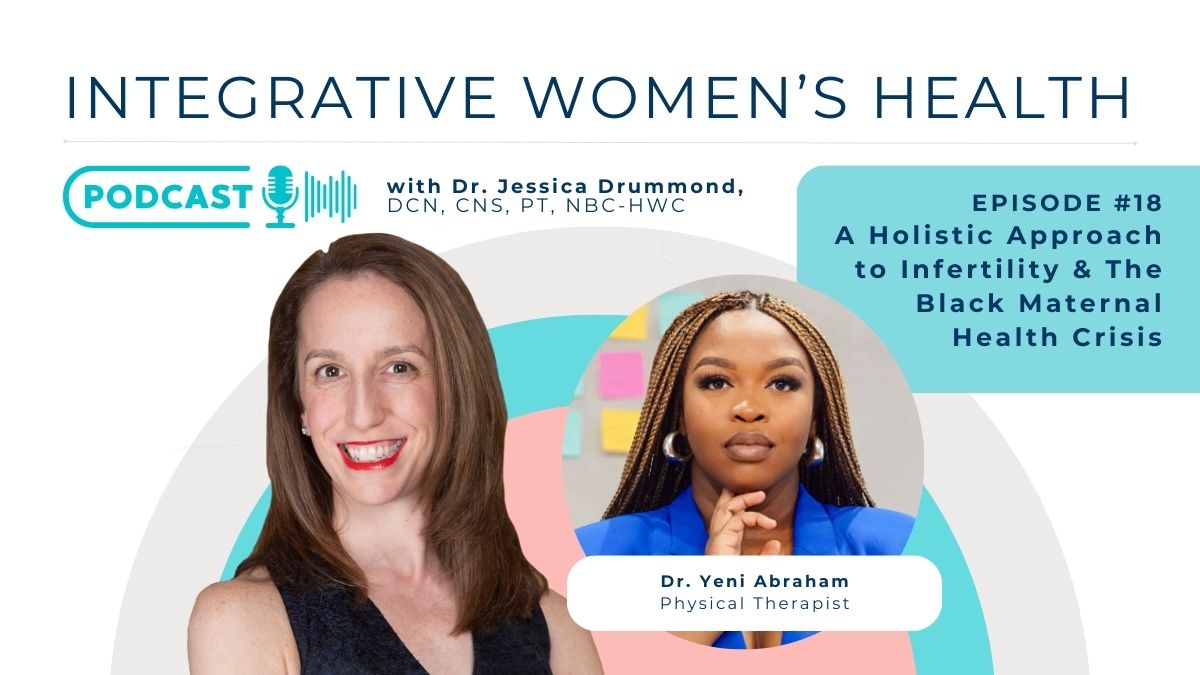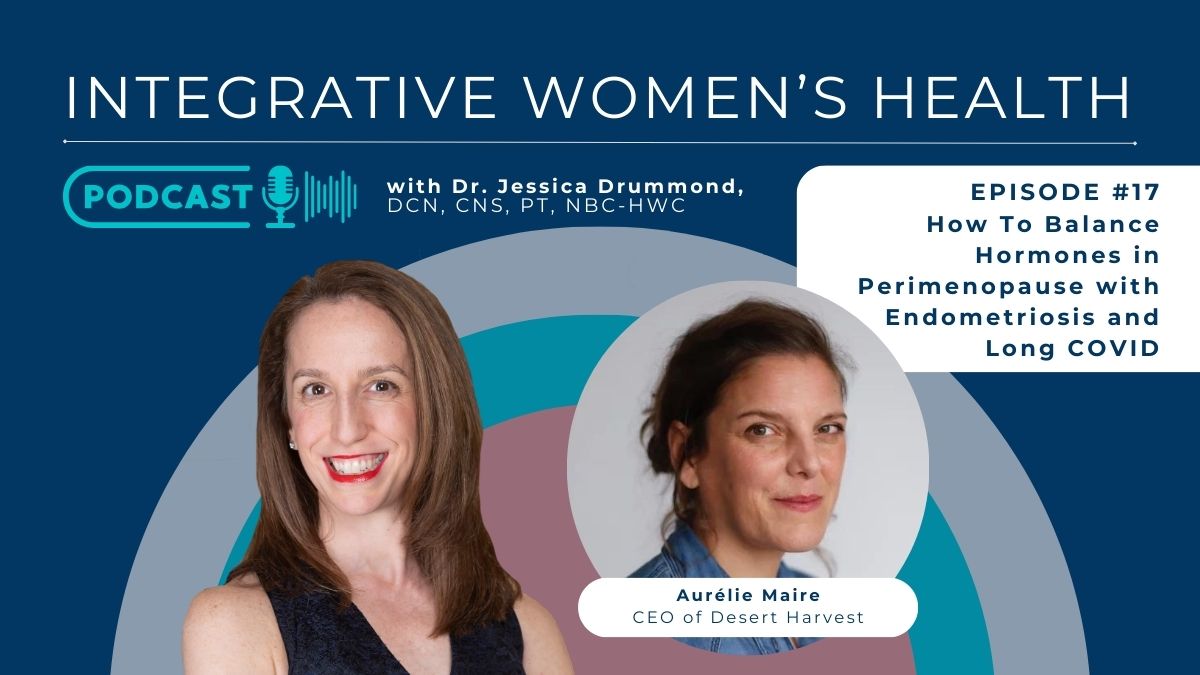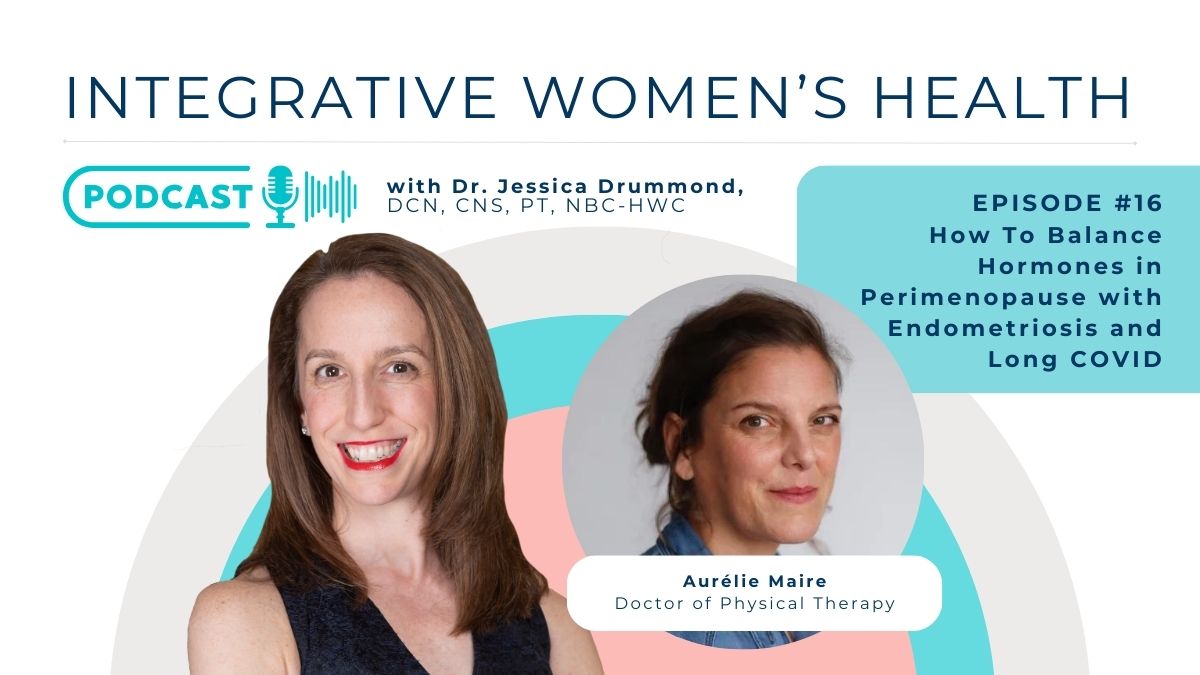When my friend, Alex Jamieson sent me an email a couple of weeks ago asking if I would join her and 100 of my colleagues in taking a stand to support Planned Parenthood as a woman and women’s health leader who cares about the health of ALL women…
I hesitated.
You see, at my core… I am a healer. I am pro-life. Pro-quality-of-life.
I have always been politically pro-choice because I am pro-autonomy for women. While, I don’t believe that I would ever have an abortion, and never have, I also know that every abortion situation, like every illness, every end-of-life experience, and every birth experience is unique.
I have never believed that the government should legislate anything that would make it even more difficult and painful for women and their healthcare professionals to make these complex, personal decisions, effectively taking away autonomy from individual women.
Let’s face it, the youngest babies born that have even a hair of a chance of survival are 22-25 weeks of gestation with intense medical care. The life of the woman and the life of the baby are intimately connected, and I don’t believe that the government should ever legislate what can happen with an adult woman’s body, even if she is pregnant. And, as a Christian, I believe in preserving all life whenever possible.
I support restrictions on gun access, care for fleeing refugees, mindfulness about entering into any military conflict, sharing food, shelter, and medical care for the poor, and I support caring for women so that abortion is rare. You see, in my faith, the goal is not just to keep a poor, vulnerable woman (or teenager) pregnant, but to get to the root cause of why she might need to seek an abortion in the first place.
My belief here is simple… I trust women, with the support of skilled and caring healthcare professionals, to make the best decisions that they can for themselves at any given time, and I believe in working at a societal level to get to the root causes of our challenges.
What Alex was asking of me was to put my money where my beliefs are. It’s one thing to be politically pro-choice, support adult women in making good decisions, to chose not to have an abortion myself, it’s another to financially support the health clinics that are doing about 30% of the abortions every year in the United States.
Am I comfortable financially supporting planned parenthood?
To answer that question, I did what I always do… I dove into the data.
In study after study, access to highly effective contraception methods, such as IUDs and hormonal birth control pills, reduces unintended pregnancy and overall abortion rates (Dehlendorf et al., 2013, Peipert, et al., 2012, & Secura et al., 2014).
In fact, in the United States, the abortion rate is currently the lowest it has been since abortion rates began to be recorded when abortion was legalized in this country in 1973 (Jones & Jerman, 2017). Abortion rates have been steadily declining since 1980.
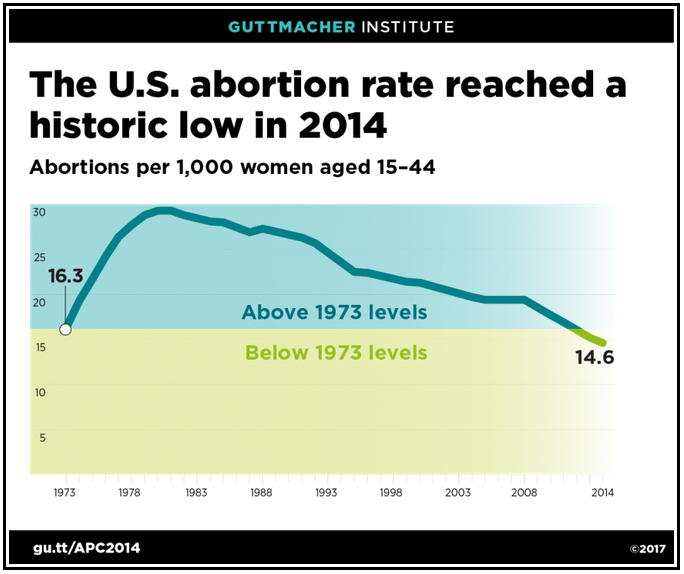
The science is clear… if you want to prevent abortions, give women access to effective birth control.
BUT… you might ask… Jessica, you’re always talking about the downsides of hormonal contraception – the side effects, the pelvic pain risk, the long-term health issues that you see in your practice.
True, and this is where informed consent becomes essential. This is why healthcare and broader community and governmental support for ALL women becomes essential. We are not very good as a society at taking care of the highest risk women, supporting them with good nutrition, education, shelter, and support if they find themselves poor, abused, or afraid.
Let me explain…
My second job out of physical therapy school was in a public hospital/ major trauma center in Houston, Texas. Most of my work there was in orthopedics and general physical therapy, but I did do some work there in women’s health, specifically.
I taught breastfeeding to teen girls as young as 14 who were new mothers, some of them homeless, all of them raped, as younger than 18 is too young to consent to sex in the United States. While after the delivery of my daughters, I recovered in a private room in a private hospital down the street, these girls and women recovered in rooms with up to 3 other patients.
I worked with young women with endometrial, cervical, and breast cancers, who would die of their cancer because in the public hospital system there were long waiting times for cancer diagnosis and treatment.
This was all prior to the passing of the Affordable Care Act (Obamacare). Now there is better access to care for these women as they have at least some form of insurance, but there are still significant socioeconomic disparities in women’s healthcare. Planned Parenthood fills in some of those gaps.
- — Planned Parenthood is the nation’s largest provider of sex education.
- — 34% of Planned Parenthood services are for providing contraception.
- — Planned Parenthood provides more than 270,000 Pap tests and more than 360,000 breast exams in a single year, critical services in detecting cancer.
- — Planned Parenthood provides more than 4.2 million tests and treatments for sexually transmitted infections, including more than 650,000 HIV tests.
Back to the issue of informed consent. Some of my colleagues and I are very concerned about informed consent at Planned Parenthood, and frankly… in essentially every public or private gynecologic office in the country.
We feel that some of the clinicians at Planned Parenthood and in many other clinics and hospitals can be coercive about recommending hormonal birth control over the more natural methods with fewer side effects. In fact, in the Contraceptive CHOICE Project Study, contraceptive counseling included all reversible methods but emphasized the superior effectiveness of (hormonal) long-acting reversible contraceptive (LARC) methods (IUDs and implants) (Peipert, et al., 2012).
Clearly, emphasizing LARC methods is an important strategy if your goal is to reduce the abortion rate, but it can potentially minimize a woman’s autonomy. To understand this better, I needed to put it into perspective.
I certainly want ALL women to have clear education on ALL forms of contraception and to make their own best decision about what will serve their needs at the time. But, I need to remember that not all women are in as simple situations as I have been in my life when it comes to making sexual and reproductive health choices.
As I mentioned above, early in my career I worked in a public hospital in Houston, several years later I worked in a similar large teaching hospital in North Carolina, and had an experience that stood out for me in terms of the risk that many women live with when it comes to their sexual health and autonomy…
I was seeing a woman with pelvic pain, and as she was describing her history, it simply didn’t make clinical sense. Her husband was with her and did not allow her to be alone with me at any point. Once I began asking clarifying questions, because her story was not making clinical sense, she hopped up and asked to use the restroom.
I stepped out of the room with her to show her where the bathroom was. She grabbed my arm and pulled me quickly into the bathroom with her, and once there, explained to me that her husband was abusing her and couldn’t know the true story behind her pelvic pain without it increasing her risk of further harm by her husband.
I have never been in that woman’s shoes poor, without a supportive family, living with an abusive husband, and needing the most effective birth control available to avoid bringing a child into that situation.
She was not in a position to abstain from sex, she could not chart her cycles and have a loving conversation with her partner about when to have sex and what kind of sex they could have at different times in her cycle.
She was likely being raped by her husband on a regular basis, though she wouldn’t admit that to me directly and wouldn’t report her abuse to the authorities. She was not yet able to escape. I could offer her resources, but I was only able to help her so much.
Having access to effective, long-acting contraception could save her life until she was able to get the support she needed to escape her dangerous situation. And, she is not alone… nearly 5 million women in the US experience physical violence by their intimate partner every year, and 40-45% of those women are raped by their partners.
The bottom line is that as a woman who has always had access to good healthcare services, who has never been sexually abused or assaulted, and who has maintained my autonomy in terms of my healthcare decisions, I want to support all women to have what I have been fortunate enough to have.
Planned Parenthood is not a perfect organization.
Like in all hospitals and clinics, some of their clinicians are more skilled and compassionate, and less coercive than others. But, they have a broad reach and provide essential education, contraception, cancer screening, STD screening, and safe abortion services for 5 million people every year.
Most of these patients have limited other options to receive this kind of care. This is the essence of root cause care for reducing the abortion rate in this country.
There are other small, independent organizations that also provide these essential healthcare services in the United States…
Women’s Health Specialists of California
Feminist Women’s Health Center in Atlanta
Emma Goldman Clinic in Iowa City, IA
Chicago Women’s Health Center
And, for fully informed reproductive education, check out… The Fifth Vital Sign.
It is my dream for every woman to live without fear of violence, to own her sexual health, to understand her reproductive health, and to use natural birth control methods within the context of healthy relationships.
But, life is not perfect, and the reality is that many women need basic healthcare for STD and cancer screenings, access to all forms of contraception, and safe abortion services for the challenges and the realities of life.
Millions of women in the United States lack financial resources, lack access to great education (health education and general education), lack access to nourishing food and have limitations in their support from a caring family or community.
For every woman who finds herself in need of reproductive health services of all kinds… I trust you to make the best decisions that you can for yourself, and I am actively supporting you with financial donations to Planned Parenthood, The Feminist Women’s Health Center (who would have been there for me if I had needed them when I lived just a few miles away), and The Fifth Vital Sign.
I hope you will join me in supporting any of these organizations that work hard every day to provide essential women’s health services to underserved women, which I have had the luxury of taking for granted.
References:
Dehlendorf, C., Harris, L. H., & Weitz, T. A. (2013). Disparities in Abortion Rates: A Public Health Approach. American Journal of Public Health, 103(10), 1772–1779. http://doi.org/10.2105/AJPH.2013.301339
Jones, RK & Jerman, J. (2017) Abortion Incidence and Service Availability In the United States, 2014, Guttmacher Institute, DOI: 10.1363/psrh.12015
Peipert, J. F., Madden, T., Allsworth, J. E., & Secura, G. M. (2012). Preventing Unintended Pregnancies by Providing No-Cost Contraception. Obstetrics and Gynecology, 120(6), 1291–1297.
Secura, G. M., Madden, T., McNicholas, C., Mullersman, J., Buckel, C. M., Zhao, Q., & Peipert, J. F. (2014). Provision of No-Cost, Long-Acting Contraception and Teenage Pregnancy. The New England Journal of Medicine, 371(14), 1316–1323. http://doi.org/10.1056/NEJMoa1400506


